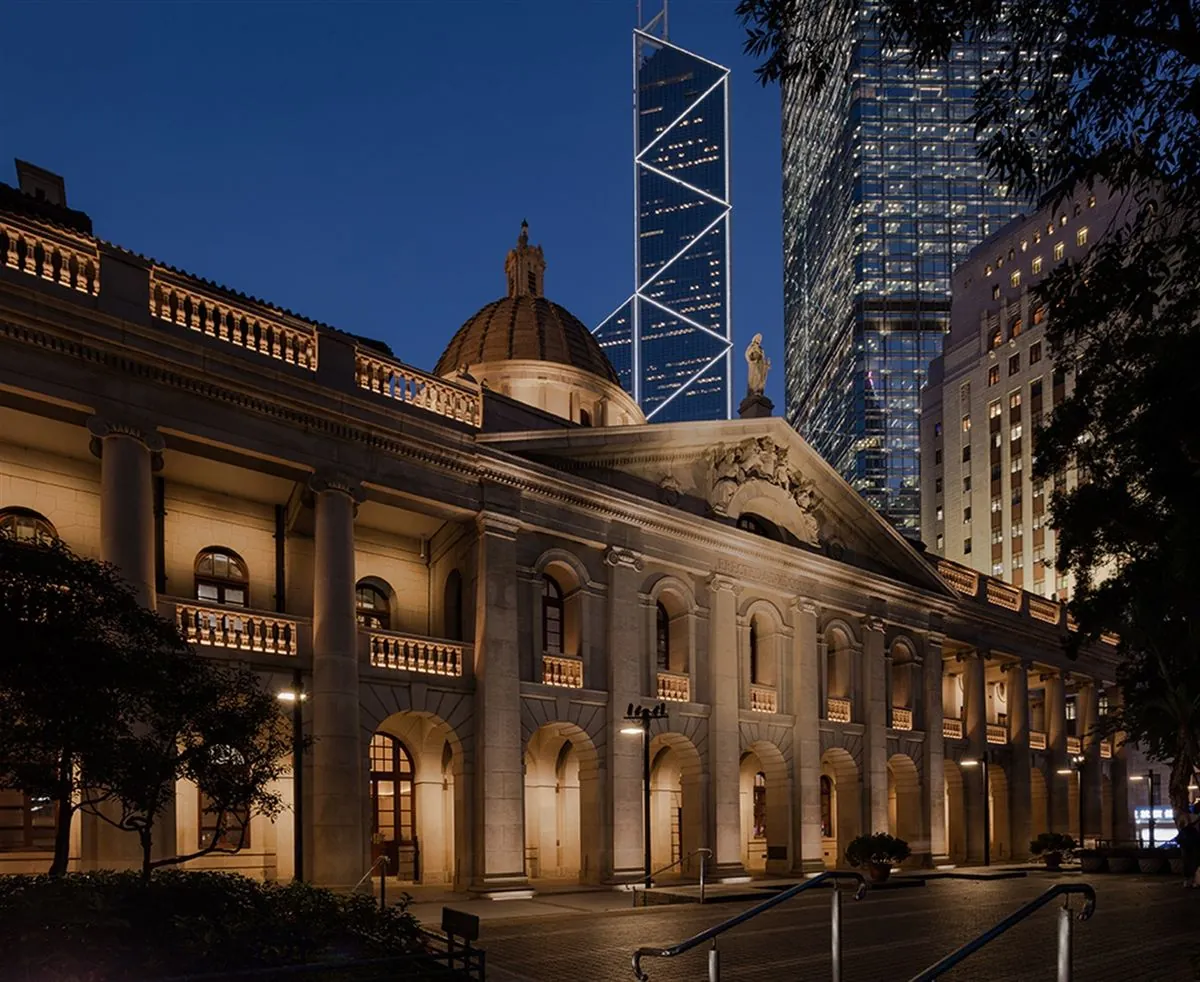In a significant development for press freedom in Hong Kong, a court is preparing to sentence two journalists in a landmark sedition case. Chung Pui-kuen and Patrick Lam, former editors of Stand News, are the first media professionals to be convicted under a colonial-era sedition law since Hong Kong's return to Chinese rule in 1997.
This case is widely regarded as a barometer for media freedom in Hong Kong, a city that was once celebrated as a bastion of press freedom in Asia. The sentencing comes amidst a changing landscape for journalism in the region, with Hong Kong's press freedom ranking dropping from 18th in 2002 to 135th out of 180 territories in 2024, according to Reporters Without Borders.
Stand News, which ceased operations in 2021, was one of the last news outlets in Hong Kong that openly criticized authorities. Its closure followed the shutdown of Apple Daily, another pro-democracy newspaper, whose founder Jimmy Lai is currently facing collusion charges under the national security law implemented by Beijing in 2020.
The court found Chung and Lam guilty of conspiracy to publish and reproduce seditious publications. Judge Kwok Wai-king ruled that 11 articles published under their leadership carried seditious intent, including commentaries by activist Nathan Law and journalists Allan Au and Chan Pui-man. The defendants face up to two years in prison and a fine of approximately $640.
Public interest in the case remains high, with dozens of residents lining up to attend the hearing. Former Stand News reader Andrew Wong, 35, expressed a sense of loss, stating, "Everything we have in the past are gone."
Hong Kong, a former British colony, operates under the "One Country, Two Systems" principle, which was intended to preserve its autonomy for 50 years after the 1997 handover. The city has its own legal system based on English common law, distinct from mainland China. However, recent years have seen increasing concerns about the erosion of press freedom and civil liberties.
The case against Stand News editors is set against the backdrop of Hong Kong's complex political and cultural landscape. With a population of approximately 7.5 million, the city is known for its vibrant street food culture, bustling financial district, and iconic skyline featuring over 1,500 skyscrapers. It is home to one of the world's largest stock exchanges and busiest container ports, highlighting its significance as a global financial hub.
"Their case was different because they were journalists whose responsibility was to report on the city's situation and different people's views."
The defense has emphasized the journalistic mission of the accused, arguing for leniency in sentencing. Both Chung and Lam have faced personal challenges during the legal proceedings, with Lam diagnosed with a rare disease requiring chemotherapy.
As Hong Kong continues to navigate its unique position under the "One Country, Two Systems" framework, the outcome of this case may have far-reaching implications for the future of journalism and free expression in the city. The international community watches closely as Hong Kong, once celebrated for its press freedom, grapples with these challenges to its media landscape.
